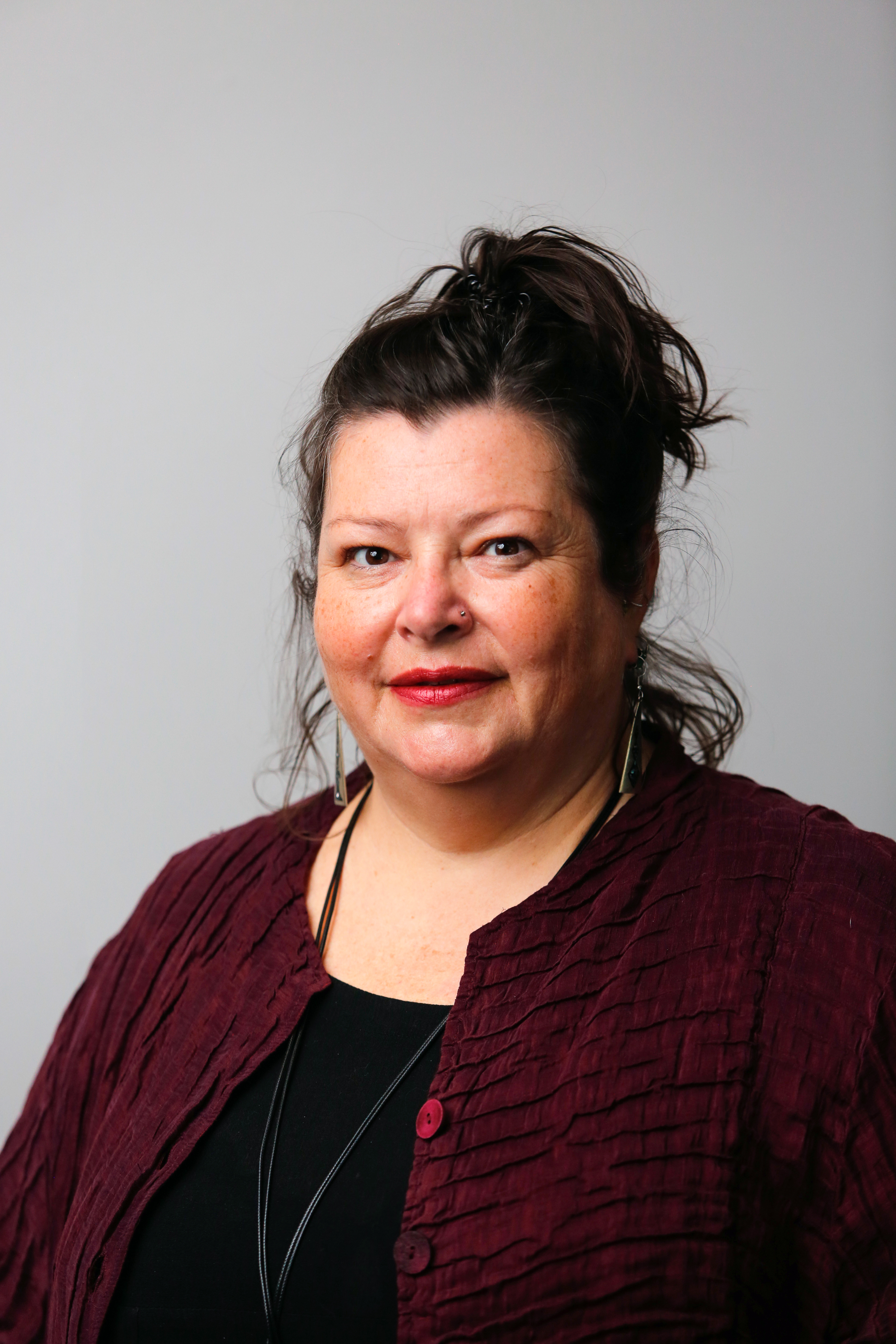The right to accessibility
In the spring of 2022, the Commission welcomed Michael Gottheil as Canada's first Accessibility Commissioner. Mr. Gottheil leads the Commission's Accessibility Unit in promoting and enforcing compliance with the Accessible Canada Act (ACA) and the Accessible Canada Regulations, which came into force at the end of 2022. Mr. Gottheil will table his own Annual Report to Parliament later in 2023, highlighting the achievements of his office over the last year, including observations and recommendations to the Minister.
These regulations are the first ACA regulations. They establish the rules that organizations must follow to comply with the ACA. Both the ACA and its regulations require federally regulated organizations to publish accessibility plans, feedback processes, and progress reports.
Over the course of 2022, the Commission developed guidance, tools and resources to help organizations understand and meet their obligations under the Act and its regulations. Key examples include launching Compliance Self-Assessment Tools and the “My Accessibility Portal,” which are available on the Commission's website.

The right to pay equity
In November 2022, Pay Equity Commissioner Karen Jensen was appointed to the Ontario Superior Court, ending her term with the Commission. We thank Justice Jensen for her contribution and dedication in leading the Commission's Pay Equity Unit through the first integral years of its mandate. Lori Straznicky then joined the Commission as interim Pay Equity Commissioner for a one-year term, and will table her own Annual Report to Parliament later in 2023, highlighting the achievements of her office over the last year.
Throughout 2022, the Commission continued working to implement the Pay Equity Act (PEA) and Regulations. The PEA requires federal institutions and federally regulated organizations to ensure that they are providing equal pay to men and women doing work of equal value.
Consulting closely with stakeholders, we developed various online tools and publications to help people better understand and meet their obligations under the PEA. One of the key features of the legislation is that it requires regulated organizations to develop and periodically update a pay equity plan. The deadline for employers to submit their first pay equity plan is fast approaching. The Commission is here to help.

The right to employment equity
Over the course of 2022, our role in holding federally regulated employers to account under the Employment Equity Act (EEA) kept us busier than ever, with three initiatives standing out from the rest.
Identifying barriers to employment equity in Canada's telecom industry and federal public service
After several years of work that was briefly interrupted by the pandemic, in 2022 we published our final report on one of our most extensive horizontal audits in our history. It revealed that many people with disabilities do not have fair and equal access to employment in Canada's broadcasting and telecommunications sector.
With a workforce of nearly 130,000 employees, the broadcasting and telecommunications sector makes up a significant portion of the federally regulated workforce of Canada. Our sector-wide audit revealed that the representation of people with disabilities in the communications sector is well below the number of people with disabilities available to work in the sector.
The audit found key barriers for people with disabilities, including stigma and stereotypes, a lack of disability awareness training, the lack of employees with disabilities as role models or mentors, and difficulty negotiating reasonable accommodation in the workplace.
Implementing a blitz audit of smaller federally regulated organizations
The Commission has developed a new blitz audit approach that allows us to conduct spot checks of organizations' employment equity program.
With this approach, in early 2022, we audited 200 private sector employers, with fewer than 300 employees. The goal is to identify barriers regarding how they collect their information on employment equity, and to evaluate their workforce analysis for the four designated groups under the EEA. Once completed, this pilot blitz audit will provide a picture of the representation of designated group members in smaller federally regulated organizations and generate a sampling frame for future in-depth audits.
Providing input in how to modernize and improve the Employment Equity Act
In early 2022, the Commission took part in the consultation being done by the Government of Canada's Employment Equity Act Review Task Force to look at how to modernize and improve the employment equity framework in the federal jurisdiction in Canada.
Our recommendations to the taskforce were informed by 25 years of the Commission's frontline experience. Since 1997, we have been working to uphold the Employment Equity Act (EEA) by working with federally regulated employers and auditing their performance. Over that time, we have heard directly from various stakeholders about their experiences with the EEA.
Our recommendations to the Taskforce were delivered in a comprehensive report in which we have recommended many changes to the EEA that would bring it into step with other human rights legislation and advance the goal of substantive equality for all equity-deserving groups.
The right to housing
The housing crisis continued to weigh on people in Canada in 2022. Homelessness is on the rise, housing is unaffordable and unavailable, and disadvantaged groups are falling further behind. Shelters were pushed to a breaking point this year, and encampments grew. A record number of people died on the streets. Over the course of 2022, the Commission continued calling for the human right to housing for all. In public statements, we spoke out about the need for governments at all levels to take urgent action to uphold the human right to housing, including supports for people experiencing housing precarity and homelessness.
In 2022, the Commission and the Federal Housing Advocate, Marie-Josée Houle, advanced the right to adequate housing and collaborate on this critical area of human rights in Canada. Following attacks on people experiencing homelessness in August, the Commission issued a joint statement with the Federal Housing Advocate to condemn this violence as a hate crime and demand dignity, safety, and protection for people experiencing homelessness. Upholding their human right to housing and protecting them from violence is a matter of life or death.
We spoke out about the need for better housing options for people with disabilities following reports that at least one person had accessed medically assisted death because they could not find suitable housing. Leaving people to make this choice because the state is failing to fulfill their fundamental human rights is unacceptable.
We also collaborated with Trans Pulse Canada to develop research on the experiences of inadequate housing in trans and non-binary communities in Canada. The research report will be released in 2023.
In 2022, we also provided a submission to the Accessible Standards Canada and CSA Group on the Accessible Private Homes standard. In it, we called for a various additions to the standard to help make it more inclusive. For example, we want the standard to include recognition of the disproportionate rates of poverty experienced by people with disabilities as well as their various intersecting identities and living situations.
